Niche innovations
Are you looking for inspiration and new ideas on how to transform our food system? On these pages you can find inspiring concepts behind niche innovations concerning all process stages. They are not widespread yet, but they do have the potential capacity to make food supply systems more sustainable. The following profiles offer compact information about potentials, concepts, goals and downsides of a wide range of niche innovations. They were compiled in the context of two research projects:
- TransfErn, a project to identify transformative niches of the food system and their potentials to lessen ecological damage
- NEuropa, a project to gather niche innovations which are relatively unknown in Germany
- Agroecology schools
- Agroforestry Systems
- Alternative protein feeds
- Alternative packaging materials
- Aquaponics
- Organic / Slow food restaurants
- Bio-District / Eco-Region
- Market Gardening
- Organic-vegan farming
- Biocyclic vegan farming
- Flowering Meadows
- Land cooperatives / foundations
- Digital Farming
- Effective Microorganisms
- Food Policy Councils
- Urban Gardening
- Meat substitutes
- Foodcoops
- Food sharing
- Community gardens
- Farm shares and sponsorships
- Humanure
- In vitro meat
- Insect food
- Commercial food rescue apps
- Mobile slaughterhouses
- Sustainable water cycles
- Online direct marketing
- Open source manuals for farming tools
- Open source seed banks and protection of seeds
- Participatory evaluation and certification systems
- Precycling
- Re-/Upcycling of food waste
- Regenerative agriculture
- Regionalwert AG
- Silvopastoral agroforestry systems
- Solidarity table
- Community Supported Agriculture
- Social farming
- Vegan nutrition
- Vertical farming
- Distribution of non-marketable food products
- Forest Gardens
- Dual-purpose chickens

The term 'agroecology' is used internationally to describe a science, movement and practice that aims at a socially just and environmentally sustainable transformation of agricultural and food systems.

The term agroforestry system refers to a form of land use, in which trees and shrubs are combined with arable crops and/or livestock on the same land in order to benefit from the ecological and economic interactions.

Alternative protein feeds comprise raw materials used as an alternative to typical concentrated feed bases such as maize, soya and wheat for the feeding of farm animals.
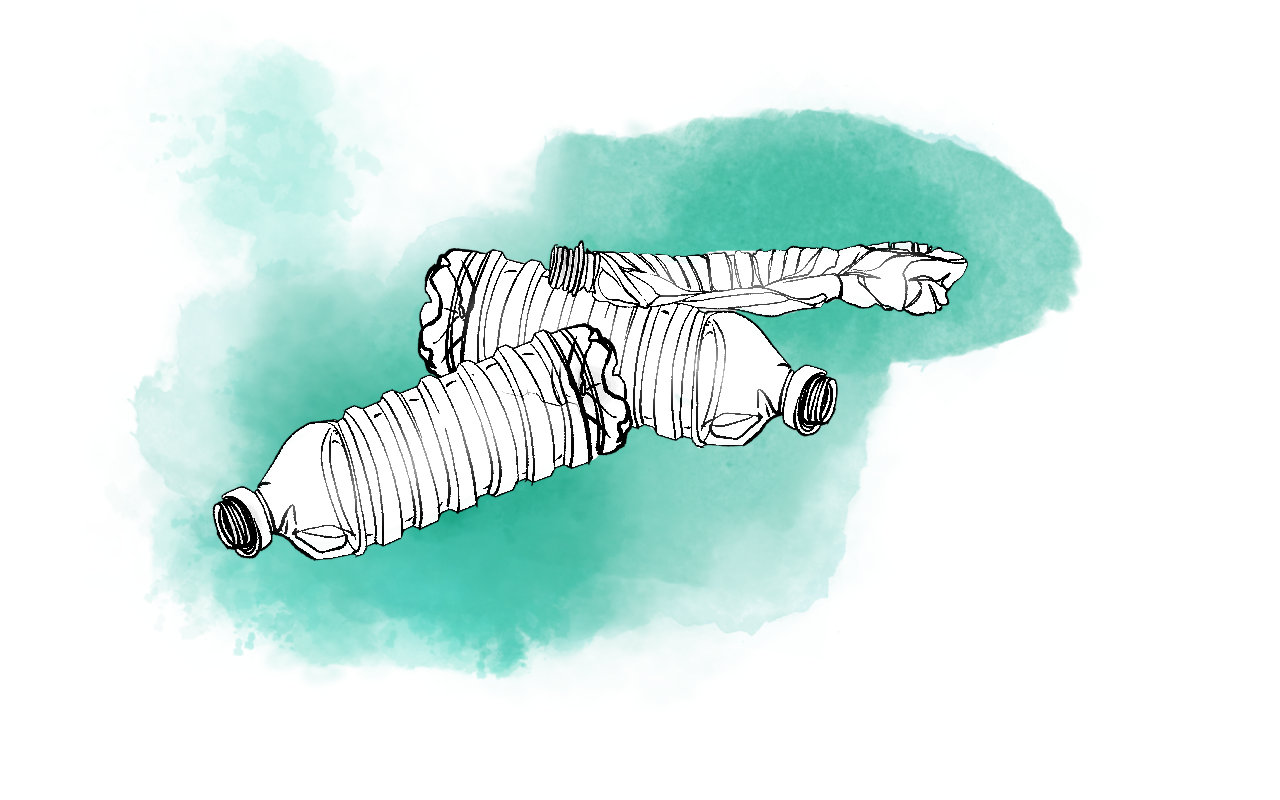
Alternative packaging materials are based on sustainable (renewable) or secondary raw materials, are low in residues, edible and easier to compost. They can serve for situations where a complete avoidance of packaging, as the primary goal, is not possible.
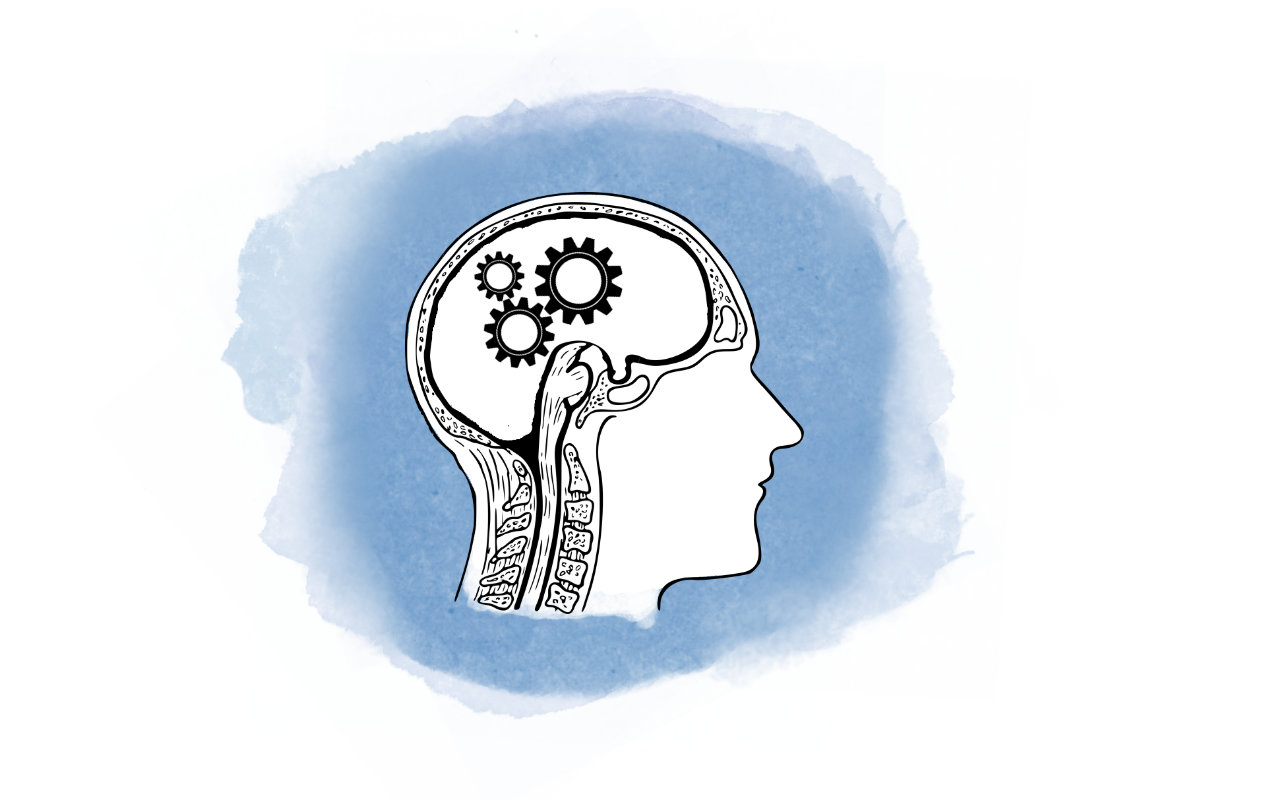
The term aquaponics is a combination of "aquaculture" and "hydroponics". It describes an agricultural production system in which the breeding of fish in a circuit-based aquaculture unit is combined with the hydroponic cultivation of crops.

Organic restaurants offer mainly or exclusively food and drinks in organic quality. In most cases, attention is also paid to regionality and seasonality. In addition, there are also gastronomic establishments where individual dishes or components are offered in organic quality.
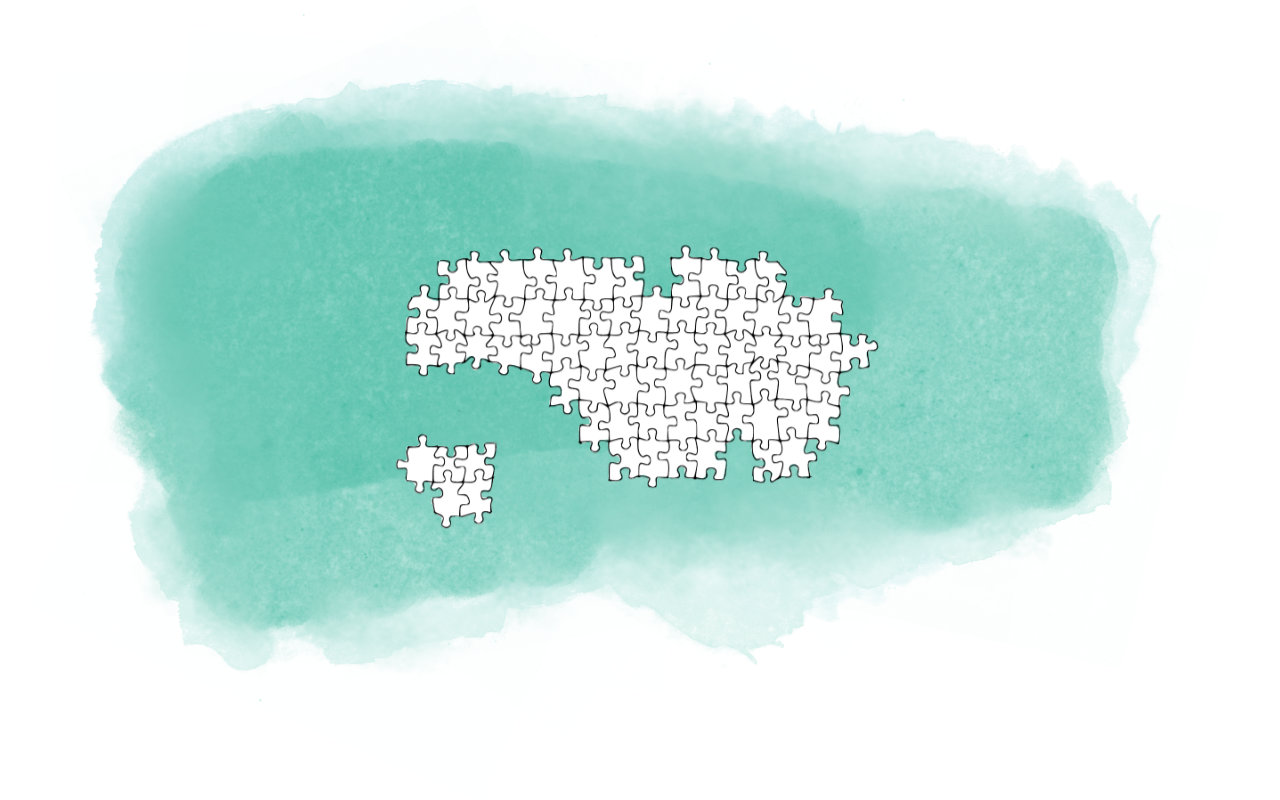
The Bio-District (or Eco-Region) is an area where local farmers, consumers, authorities, training and research centers, associations and tour operators conclude an agreement on the sustainable management and use of local resources based on (agro-)ecological principles and practices in order to exploit the ecological, economic and socio-cultural potential of the area.
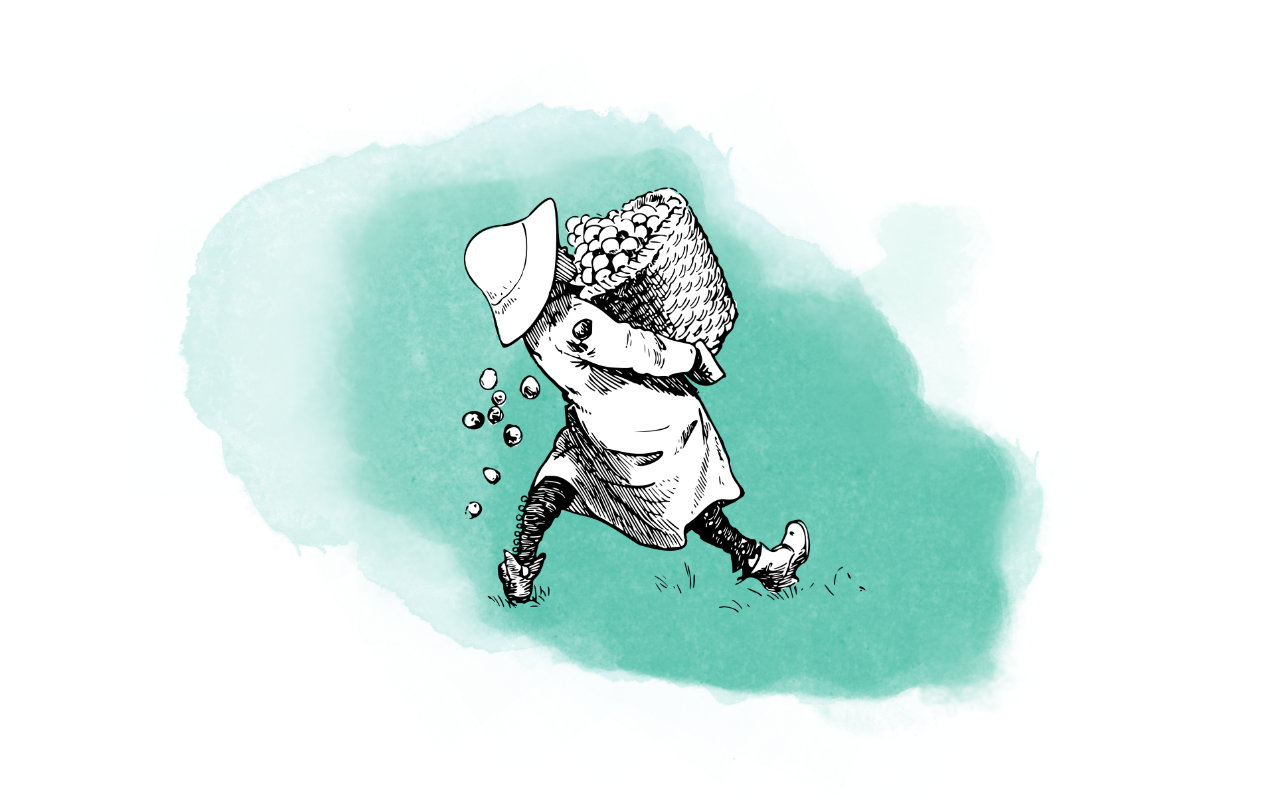
Market Gardening or 'micro farming' (in German 'biointensive Landwirtschaft', in French 'maraîchage') refers to certain organic farming systems that produce vegetables on the smallest possible area with simple technology and high efficiency per area. In Market Gardening methods are used that simultaneously increase yields as well as maintain and increase soil fertility . As the term Market Gardening indicates, it is based on two approaches.
![[Translate to English:] Organic-vegan farming](/fileadmin/Website/3.3_NEuropa/Transfern.jpg)
Organic-vegan agriculture is the term used to describe ecological farming that does not keep livestock or use animal products (fertilizers, preparations), thus attempting to completely detach agriculture from the meat industry.
![[Translate to English:] Biocyclic vegan farming](/fileadmin/Website/3.3_NEuropa/Bio_Vegan.jpg)
Biocyclic vegan farming (also known as 'bio-vegan farming' or 'veganic farming' - as a combination of 'vegan' and 'organic') does completely renounce animal husbandry and the use of animal or synthetic inputs in the organic cultivation of vegan food.
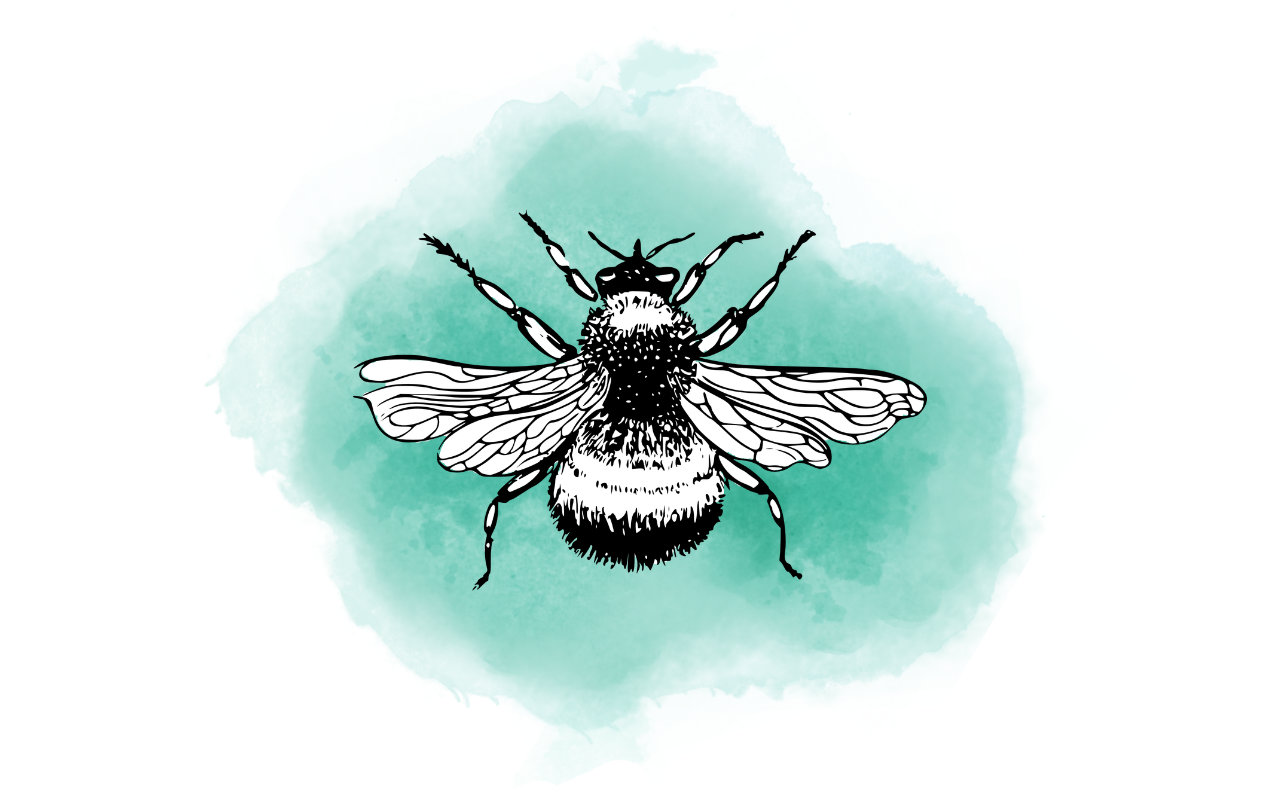
Seeds of wild flowers and herbs are scattered on the roadsides , public areas, parks, gardens, and meadows, as well as between fields and in settlement areas, in order to create living habitats for wild insects. While doing so, regional seeds of wild flowers and herbs are being used that are adapted to the soil type and local conditions.

Land cooperatives make land available to farmers, who cultivate it according to defined criteria. While cooperatives use money from the shares of their members to buy land, foundations receive land through donations or finance it from donations.

The terms Digital Farming, Smart Farming and Agriculture 4.0 describe the use of digital information and communication technologies in agriculture. The digitalization of agriculture is also called the 'Third Green Revolution'.

Effective microorganisms, or 'EM' for short, is a purposefully compound mixture of naturally occurring microorganisms, sometimes used to inoculate plants and soils to improve soil quality and plant growth. EM are composed of many microbial species.

Food Policy Councils are innovative forums of various groups of actors who advocate changes in the food system at the local level. With the aim of making the food supply in cities sustainable and equitable, these councils, which are usually founded by civil society, act as a kind of think tank for the food system, establishing a dialogue between politicians, administrators, farmers, retailers, restaurateurs and consumers.

Urban Gardening refers to an urban concept in which fruits, vegetables and other crops are grown in public, easily accessible areas, which are then freely available to all. This can be implemented both bottom-up and top-down.

Meat substitutes are products that are similar to meat in terms of flavor, texture or protein content; in some cases they also contain animal products. This encloses different types of vegetables (e.g. celeriac, turnips), mushrooms, cereals, legumes, products from Asian cuisine, industrially produced meat analogue, as well as condiments and pastes.

Foodcoops (also: food cooperatives) are associations of individuals and households that purchase food products in a self-organised manner. The communities are self-governing and not for profit; the members do the work themselves.

Food sharing involves collecting unwanted and overproduced food products that would otherwise be discarded and redistributing them to the people who will consume it. The food products can be collected directly from private households as well as from small or medium-sized businesses. It can be either distributed directly, via distributors or online communities.

Community gardens are gardens that are collectively run by a group of people, most of whom have no professional background in gardening. The community gardens are often located in city centres and use fallow areas. In addition to gardening activities, the focus is on the community and on helping to shape its own district. The concepts are very versatile.

Farm shares (also: cow shares, more rarely chicken shares, pig shares) are strictly speaking not shares but participation certificates. Investors can acquire these participation certificates for a fixed amount and receive interests in return, usually in the form of natural produce, sometimes optionally as a payout.

Humanure, as an ecological sanitation system, provides for the recycling of human faeces and urine to meet inter alia open nutrient requirements in agriculture. In doing so, secondary resources are recycled by composting or technically processing the human waste into fertilizer, animal feed or fuel.

The method of producing in vitro meat is intended to provide an alternative to meat production by (industrial) animal husbandry without killing animals. In vitro meat is produced by cultivating muscle cells that can be taken from the living animal.

Insect food refers to food products that can replace traditional meat as a source of protein and are less resource-intensive and harmful to the climate. In practice, for example grasshoppers, crickets, mealworms and other insect larvae are processed.

Users can purchase leftover food at a reduced price via a commercial food rescue app. Depending on the concept, individual groceries from supermarkets and/or entire meals from restaurants can be sold.

Mobile slaughterhouses are designed to spare animals the long journey and the associated stress on the way to the slaughterhouse. Thanks to an anesthesia stall part of the actual slaughter (killing and bleeding) is carried out on the animal's usual farm.

Sustainable water cycles include approaches that sustainably strengthen the water balance, and which can be integrated into food systems. These include water filtering, water treatment, seawater desalination, water harvesting, water retention systems and design concepts such as Keyline design.

Direct marketing refers to the sale of self-produced agricultural products. With online direct marketing, customers can order food online, for example on a producer's website, which they can then have delivered to their home or to designated pick-up points.

Associations offer platforms, where smallholder farmers can create, exchange and obtain open source manuals as well as advice on how to construct and maintain one’s own tools. Training courses (approx. 2-5 days), events and seminars on the production of tools and machines are also organized, where farmers can get advice from people of the association as well as from other farmers while actually building their own tools.

Seed banks, or seed libraries, refer to the collection and categorization of seeds of natural and agriculturally bred plant varieties as well as the collection of related data (e.g. location, botanical classification or genetic lineage).

Participatory evaluation and certification systems aim at directly involving the people who produce and/or consume food products into their assessment and certification processes, rather than using third party certification.

Precycling is a practice in which the attempt is made to buy or sell food with as little packaging as possible. This innovative form of food retailing can take various forms: on the one hand, in the form of shops that offer their entire range of goods unpackaged or with recyclable packaging, or shops that sell only some of their goods unpackaged, and on the other hand, in the form of service providers that provide appropriate containers for marketing the food.

Re-/Upcycling of food waste covers a wide range of innovations dealing with the reuse of waste to create new products. The newly produced items range from shoe soles made out of old chewing gum to 3D-printed cups made out of orange peel and organic plastic made out of fish waste.

Regenerative agriculture (also known as 'carbon farming' ) is an umbrella term for forms of land use and agricultural techniques whose common feature is to regenerate damaged soils while providing food, feed, raw materials, active ingredients and energy.

The Regionalwert-AG enables a regional, organic production of food by financing sustainable farms, processing, trade and catering businesses with the help of citizen shares.

In silvopastoral agroforestry systems, woody plants are combined with grazing land and livestock farming. The diverse application possibilities vary in intensity, area and combinations of livestock and woody species.

Food waste of the retail sector is saved by a community and either redistributed to people with limited financial resources, or processed into a dinner that is shared among the community. Such a 'solidarity table' gives people with a migrant background, low income and those without a fixed place of residence, work or social welfare the opportunity to access food and a community.

In Community Supported Agriculture (CSA), a (usually organically managed) farm or a market garden is joined with a group of private households. The households commit themselves to pay a fixed amount in advance, which covers the annual costs of agricultural production. In return, the members receive a share of the harvest and, if applicable, processed products.

Social farming describes concepts of multifunctional farms or market gardens. People with physical, mental or psychological impairments are integrated in all activities. Likewise, people from socially disadvantaged backgrounds, juvenile offenders, young people with learning difficulties, recovering addicts, autistic people, homeless people, the long-term unemployed and active senior citizens are integrated in the work on the farm.

Vegan nutrition in the food sector refers to a consumer behaviour that is limited to the purchase of products that are purely plant-based and thus deliberately avoids the consumption of food with animal ingredients.

Vertical farming (also known as 'ZFarming') is a form of urban agriculture that does not require the use of conventional arable land. Instead of a horizontal cultivation method, plants are grown in a vertical form. Examples are indoor cultivation and vertical greenhouses inside buildings.

The distribution of non-marketable food products refers to products, which are no longer considered merchantable, and thus are reintroduced into the value chain in various ways.

Forest gardens use mostly perennial plants on several levels for food production. They are defined less by their size than by their structure and design with edible trees, shrubs, climbers and ground cover, sometimes including animal husbandry. Larger forest gardens can form "edible ecosystems" which fulfil other sustainable functions (workplace, climate protection, etc.).

